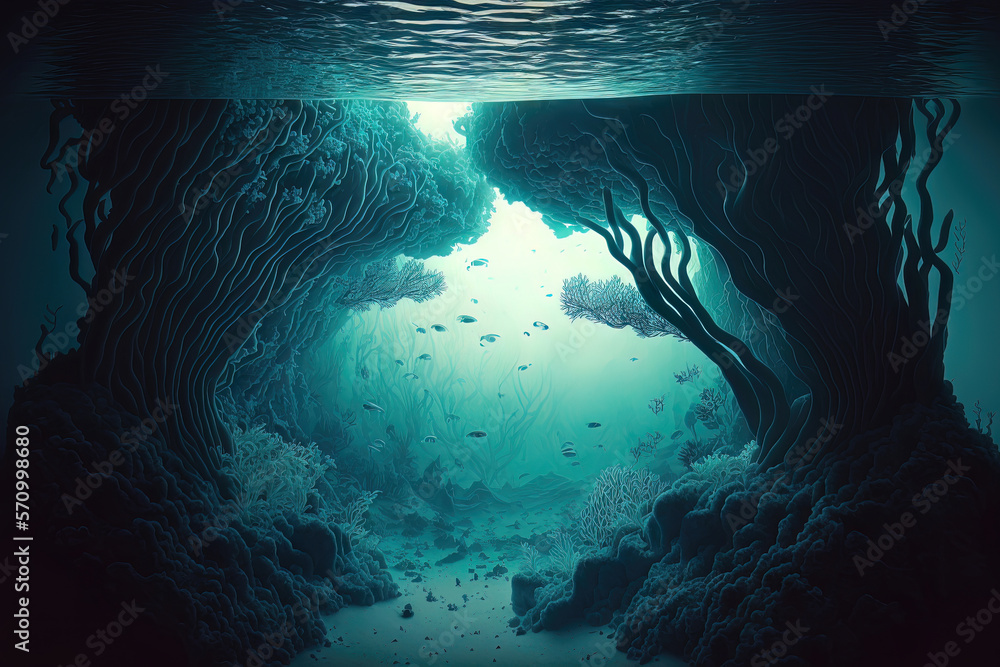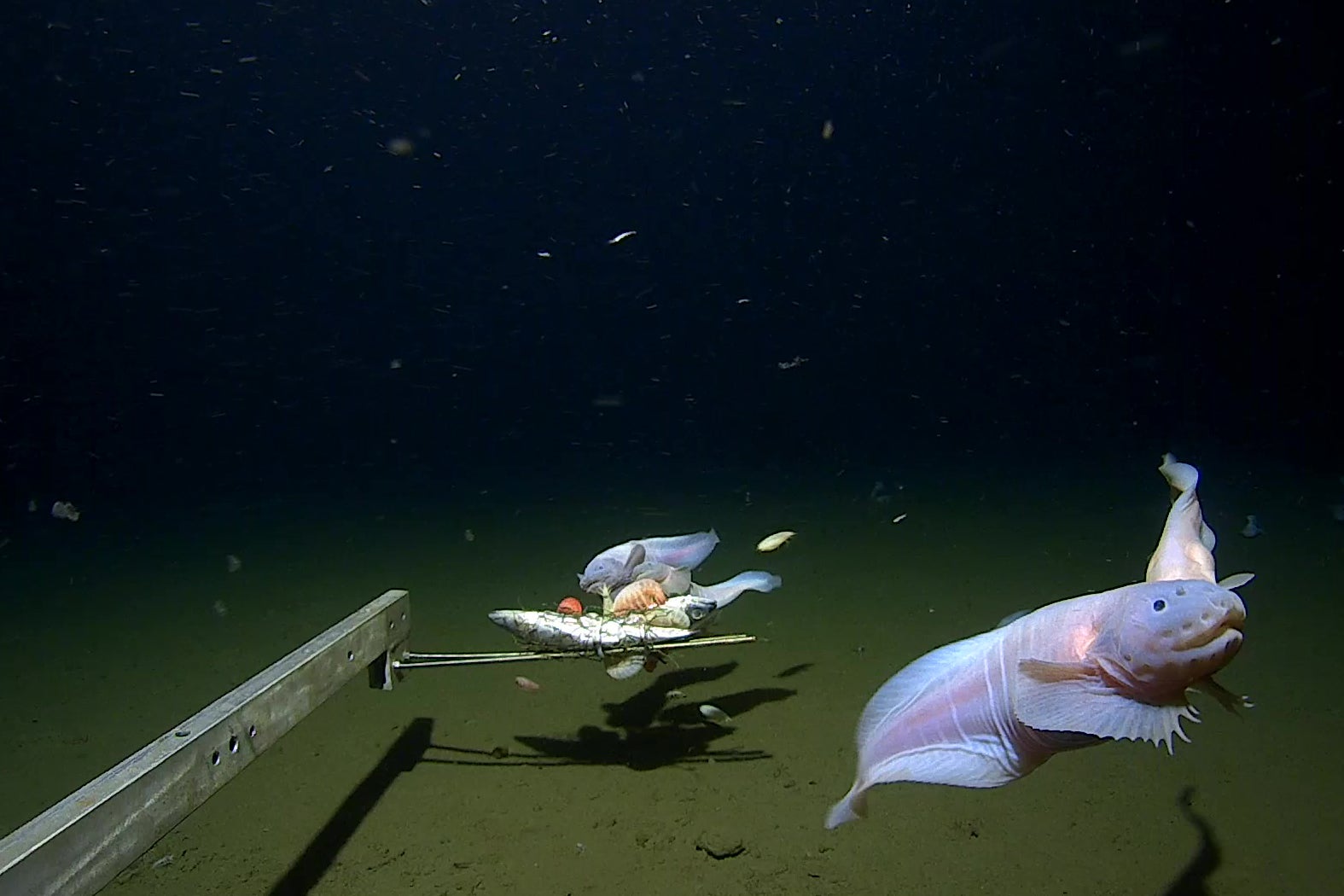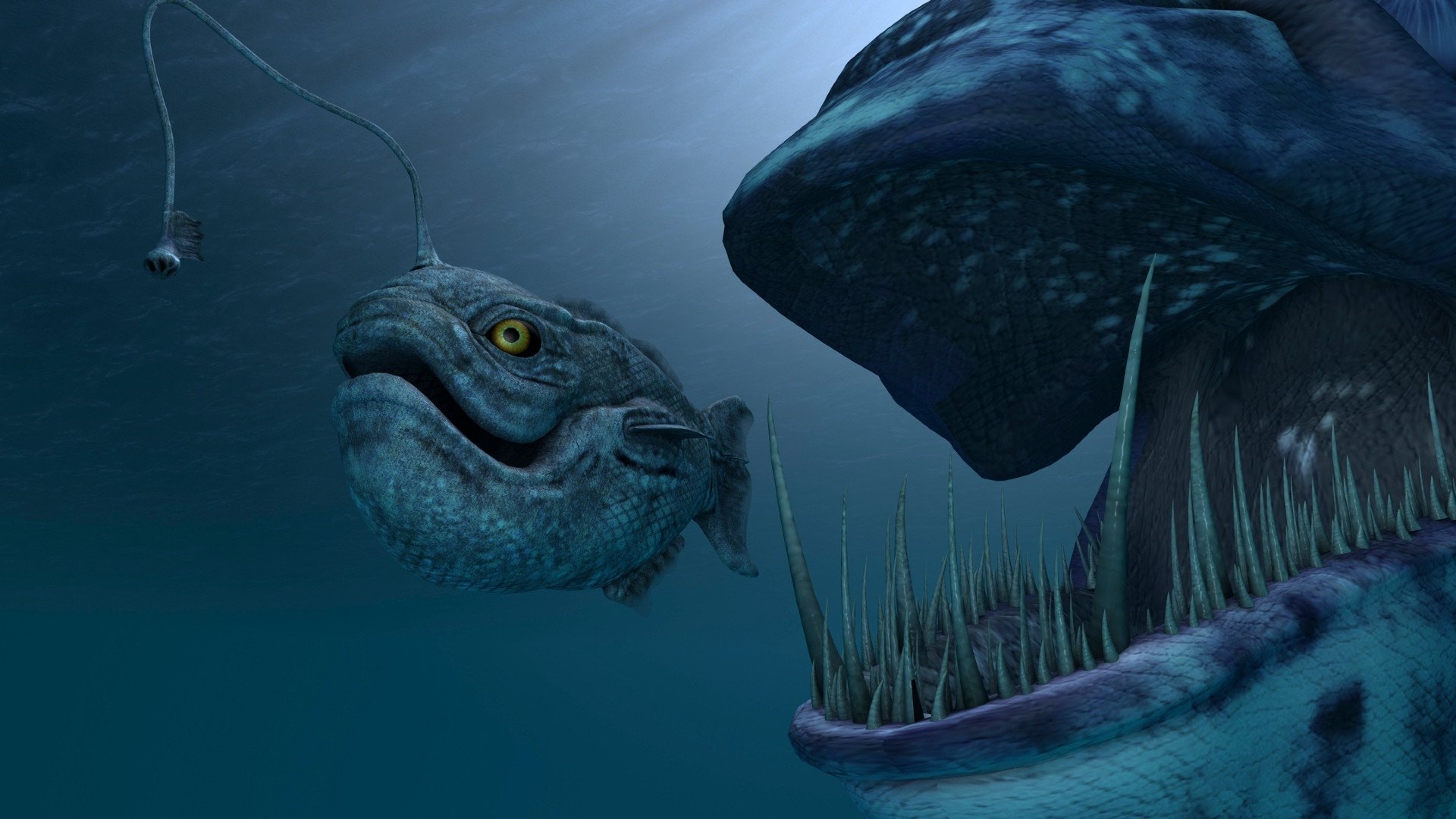A Director's Final Cut: How Deep Understanding Of Human Nature Shapes An Obituary
When we think about the people who truly shape our world, filmmakers often come to mind, don't they? It's almost as if they hold a special mirror up to us, showing us things about ourselves we might not have noticed. A director, you see, does more than just tell a story; they weave a tapestry of human feeling and thought, bringing characters to life in ways that stick with us. This kind of work, this deep understanding of what makes people tick, is that something that echoes even in their final farewell, in their obituary? We are going to explore just how a director's special insight into human nature becomes a lasting part of their story, even after they are gone.
It's pretty clear, isn't it, that the best directors possess a sort of X-ray vision for the human spirit. They seem to know, instinctively, what drives us, what makes us laugh, or cry, or feel a shiver down our spine. This isn't just about making a movie look good; it's about connecting with an audience on a level that feels very personal, almost like they've read your mind. This connection, born from a true grasp of our shared experiences, is what sets certain storytellers apart. So, when someone like that passes on, the words written about them often highlight this very special gift.
Consider, for a moment, how much of our lives are spent trying to figure out ourselves and others. A director who can bottle that experience, who can show us the quirks and the triumphs and the heartbreaks of existence, gives us a real gift. Their films become more than entertainment; they become lessons, reflections, and even comfort. And when the time comes to write their obituary, it's this profound insight, this ability to touch the core of human nature, that people remember and celebrate. It’s a pretty powerful legacy, wouldn't you say?
Table of Contents
- The Director's Lens: A Life's Work
- The Core of Human Nature: A Director's Gift
- Leaving a Mark: The Obituary as a Reflection
- Directors Who Knew Us Best
- The Lasting Impact of True Vision
- Frequently Asked Questions About Directors and Human Nature
The Director's Lens: A Life's Work
A director's life, in a way, is a constant study of people. They spend their days observing, listening, and trying to get to the heart of what makes individuals behave the way they do. This isn't just about crafting a good plot; it's about building characters that feel real, that we can connect with, that seem to breathe right there on the screen. Think about it: every choice a character makes, every feeling they show, comes from a director's idea of how a real person might react in that situation. This requires, you know, a pretty special kind of observation. They often become, in effect, quiet anthropologists of everyday life, taking notes on the subtle cues and grand gestures that define us all.
This work, this constant digging into the human condition, shapes their entire approach to filmmaking. It influences how they guide actors, how they frame a shot, and even the kind of stories they choose to tell. A director with a deep insight into human nature tends to gravitate towards narratives that challenge us, that make us think, or that simply make us feel less alone. They are, in a sense, trying to communicate something fundamental about what it means to be alive. And that, in itself, is a rather profound endeavor, isn't it?
Their films, over time, build up a body of work that reflects this ongoing fascination. You can often see themes repeating, or a particular way of looking at the world that becomes their signature. It's like they're building a collection of observations, each film adding another piece to their grand statement about humanity. So, when we look back at their careers, we're not just seeing a list of movies; we're seeing a lifetime devoted to trying to figure out the puzzles of the human heart and mind. That, arguably, is a pretty remarkable thing to devote your life to.
The Core of Human Nature: A Director's Gift
What it Means to See Deeply
To have a deep understanding of human nature means looking past the surface. It's about seeing the motivations, the fears, the hopes, and the contradictions that lie beneath what people say or do. E.O. Wilson, for example, talked about human nature as a collection of "epigenetic rules," the genetic patterns that guide how our minds grow. A director with this kind of insight can tap into those universal patterns, making their characters feel authentic, even when they're doing something completely out of the ordinary. They don't just show us what happens; they show us *why* it happens, and what it *feels* like to be there. It's a bit like having a special key to unlock what's inside people.
This isn't something you can just learn from a textbook, you know. It comes from a combination of life experience, careful observation, and a genuine curiosity about people. It's like having a knack for seeing the quiet battles people fight, or the small moments of joy that often go unnoticed. A director who sees deeply doesn't judge; they simply show. They present the messy, beautiful, sometimes confusing truth of being human, and they do it in a way that resonates with everyone watching. That, you could say, is their true gift to us.
They might use a close-up shot to show a fleeting expression, or a long, quiet scene to let a feeling settle in. These choices aren't accidental; they come from a place of knowing how emotions work, how thoughts unfold. It’s this very specific kind of knowledge that allows them to create moments that feel so real, so true, that they stay with you long after the credits roll. They are, in a way, showing us ourselves, or someone we know, on the big screen, and that can be a rather powerful experience.
The Tools of the Trade: Storytelling and Empathy
A director's deep understanding of human nature is put into action through the tools of storytelling. They use narrative, visuals, and sound to build a world where human truths can be explored. They might use sensory details, as Anthony Minghella did, to draw us into a character's experience, making us feel what they feel. This isn't just about plot points; it's about creating an emotional journey for the audience. They are, in essence, inviting us to walk in someone else's shoes, and that takes a lot of care.
Empathy is a huge part of this process. A director has to be able to step into the shoes of their characters, even the ones who are difficult or flawed. They need to understand their fears, their hopes, their mistakes, and their triumphs, not just as abstract ideas, but as lived experiences. This empathetic connection allows them to guide actors to performances that feel genuine, that really hit home. It’s like they’re saying, "Look, this is what it's like to be this person," and they make us believe it. You can see this in how they craft dialogue, or how they choose the music for a scene, all of it designed to pull you in.
So, you see, the director's deep insight isn't just a personal trait; it's a fundamental part of their craft. It's the engine that drives their storytelling, allowing them to create films that are not only entertaining but also deeply meaningful. They use every element at their disposal—the script, the actors, the camera, the music—to communicate their observations about the human condition. And that, really, is what makes their work so special, and so lasting, too it's almost a form of magic, isn't it?
Leaving a Mark: The Obituary as a Reflection
Echoes of Life: Obituaries and Their Meaning
An obituary, at its heart, is a final summary, a way to remember a person's life and contributions. For a director, these pieces often go beyond a list of films. They become a reflection on the themes they explored, the impact they had, and the particular way they saw the world. When someone with a deep understanding of human nature passes, their obituary will almost certainly highlight this ability. It's not just about their technical skill; it's about their wisdom, their insight, and their compassion. It's a way of saying, "This person really understood us."
These tributes often speak of the director's "worldview," a term that encompasses their unique perspective on life and people. They might mention how the director's work was "devoted to human needs," or how they fostered "deep human connection" through their art. It's a moment to pause and consider the lasting influence of someone who spent their career observing and portraying the very fabric of human existence. And, in a way, it’s a final opportunity for us to reflect on what they taught us about ourselves.
The words chosen for an obituary are often carefully picked to capture the essence of the person. For a director known for their human insight, phrases like "captured the human spirit," or "peered into the human heart," might appear. These aren't just flowery words; they are an attempt to put into language the profound effect the director's work had on audiences. It's a testament to how their particular way of seeing things left a permanent mark on the cultural landscape, and that, arguably, is a pretty significant thing.
When Directors Pass: A Collective Remembering
When a beloved filmmaker leaves us, it's not just their family and close friends who feel the loss. The whole industry, and indeed, audiences around the world, often feel a collective sadness. France's prime minister, for instance, once said "French cinema has lost one" when speaking of a director's passing. This sense of shared grief comes from the fact that these directors gave us stories that mattered, stories that helped us make sense of our own lives. It's like losing someone who truly saw you, or showed you a part of yourself you hadn't seen before.
Obituaries for these figures become a way for critics, colleagues, and fans to process that loss and to honor the director's unique contributions. They often recount how the director's "worldview" influenced a generation of film writers, or how their films created "lifelong friendships" among those who shared a love for their work. It's a moment of reflection, a time to look back at the cinematic journeys they took us on and the insights they shared. And, in that moment, their deep understanding of human nature becomes the centerpiece of their legacy, you know, what they'll be remembered for most.
This collective remembering isn't just about sadness; it's also about gratitude. Gratitude for the stories told, for the emotions stirred, and for the deeper truths revealed. The obituary serves as a public acknowledgment of the director's impact, solidifying their place in history as someone who truly understood the human condition. It's a powerful moment, really, when a whole world pauses to say goodbye to someone who helped them see themselves a little more clearly. That, in fact, is a pretty special kind of goodbye.
Directors Who Knew Us Best
Jonathan Demme: Capturing the Human Spirit
Jonathan Demme, a filmmaker whose passing the world noted, was a director who truly understood the human spirit. His films, from intense thrillers to heartfelt dramas, always seemed to find the human side of even the most unusual situations. Critics often spoke of how he could make you feel empathy for characters you might otherwise dismiss, or how he could find the goodness in unexpected places. His work had a way of bringing out the "deep human connection" in his stories, making audiences feel seen and understood. You can learn more about his work and life on Britannica.
His obituaries highlighted this very quality, speaking of his ability to portray the "human side" of complex situations, whether it was an intelligence agency or a small-town life. He had a way of showing characters with all their flaws and strengths, making them feel incredibly real. It was this honesty, this refusal to simplify people, that made his films so resonant. He had, arguably, a kind of spiritual connection with the people he portrayed, much like someone who finds a deep connection with nature. And that, in a way, is what made his work so impactful.
Demme's films often explored themes of transformation, inclusion, and the quiet struggles people face. He didn't shy away from the darker parts of life, but he always seemed to find a glimmer of hope or a moment of grace. This nuanced view of humanity is what set him apart, and it’s a big reason why his work continues to influence new generations of filmmakers. He had, you know, a knack for showing us the light and the shadow, all at once.
Anthony Minghella: Detail and Feeling
Anthony Minghella was another master of cinematic storytelling, known for his ability to use sensory detail to build rich, believable worlds. His films were full of moments where you could almost taste the food, feel the texture of a fabric, or hear the subtle sounds of a room. This attention to detail wasn't just for show; it was a way of grounding his characters in their reality, making their emotional journeys feel all the more powerful. He rarely left a detail to chance, you see, which speaks volumes about his commitment to authenticity.
His deep understanding of human nature came through in his characters' inner lives. He explored complex relationships, moral dilemmas, and the profound effects of love and loss. His obituaries often spoke of his sensitivity, his ability to craft narratives that were both beautiful and heartbreaking. He had a way of getting inside his characters' heads, showing us their thoughts and feelings in a way that felt incredibly intimate. It was, in some respects, like he was translating the very essence of human experience onto the screen.
Minghella's work often focused on the subtle shifts in human emotion, the unspoken words, and the profound impact of small gestures. He understood that human nature isn't always about grand declarations; it's often found in the quiet moments, the glances, and the hesitations. This nuanced approach made his films feel incredibly real, and it’s a big part of why they continue to move audiences today. He was, quite simply, a storyteller who truly got people, and that, in fact, is a pretty special thing.
The Hitchcockian Gaze: Peering into Minds
While not an obituary reference in the "My text" directly, the comparison of a director's work to Alfred Hitchcock suggests a particular kind of insight. Hitchcock was a master of suspense, yes, but his true genius lay in his ability to tap into universal human fears and anxieties. He understood the psychological undercurrents that drive us, the hidden desires, and the fragile nature of our composure. His films often explored themes of guilt, paranoia, and mistaken identity, all of which are deeply rooted in the human psyche. He had, arguably, a way of looking into the darker corners of our minds.
A director compared to Hitchcock, therefore, is one who possesses a keen insight into the inner workings of people. They know how to build tension by playing on our deepest fears, how to create characters that are both relatable and terrifying, and how to make us question what we think we know. It's about understanding the "genetic patterns of mental development," as Wilson might say, and then twisting them just enough to create a thrilling experience. This kind of work shows a rather profound understanding of human behavior, you know, how we react under pressure.
Hitchcock's legacy, even decades after his passing, continues to be defined by his ability to manipulate audience emotions through his understanding of human psychology. His films are timeless because the fears and desires they explore are timeless. This comparison, then, speaks volumes about a director's capacity to delve into the fundamental aspects of human nature, making their work resonate across generations. He was, in a way, a pioneer in showing us what truly scares us, and that, in fact, is a pretty lasting contribution.
The Lasting Impact of True Vision
The directors who truly leave a mark are those who see beyond the surface. They are the ones who show us something new about ourselves, or who help us connect with others on a deeper level. Their deep understanding of human nature isn't just a skill; it's a way of being, a lens through which they view the entire world. This perspective, poured into their films, becomes their lasting legacy. It's what people remember, what they talk about, and what makes their obituaries more than just a list of achievements.
When we read about the passing of such a director, it's a moment to appreciate the profound gift they gave us: a clearer, more nuanced view of the human experience. Their films, full

Underwater deep-sea gorge. Underwater deep ocean world, light on the

Deepest Fish Discovered More Than 5 Miles below the Sea Surface

Deep sea creatures: the amazing under-explored part of the world